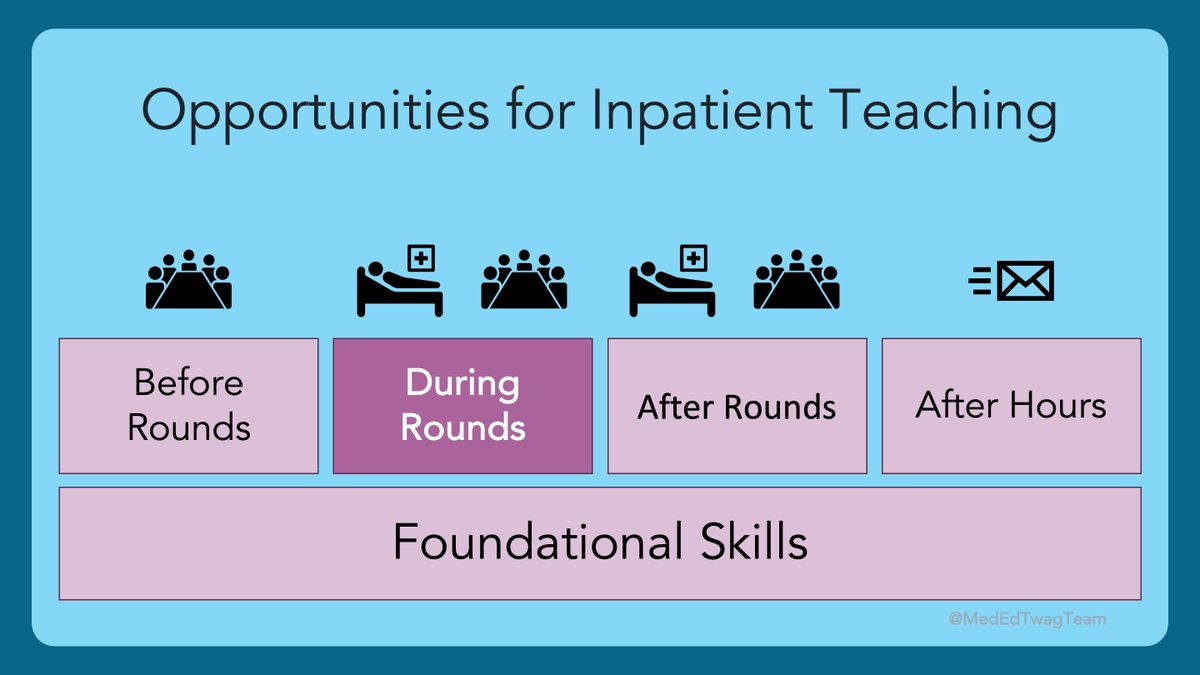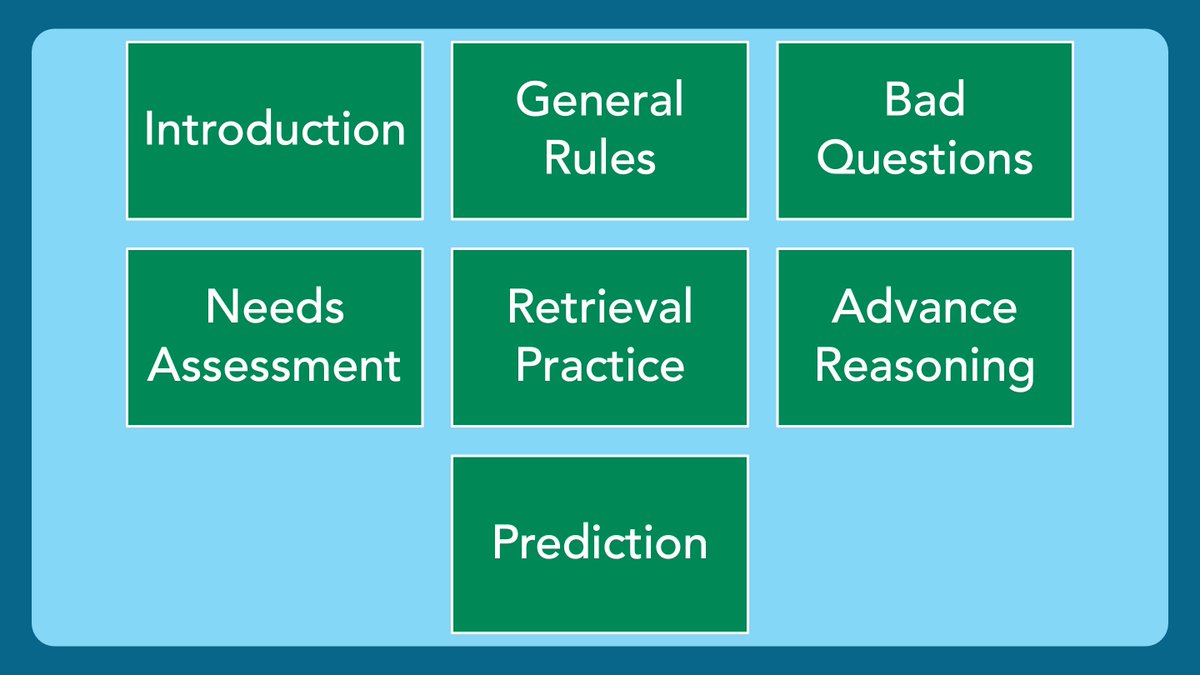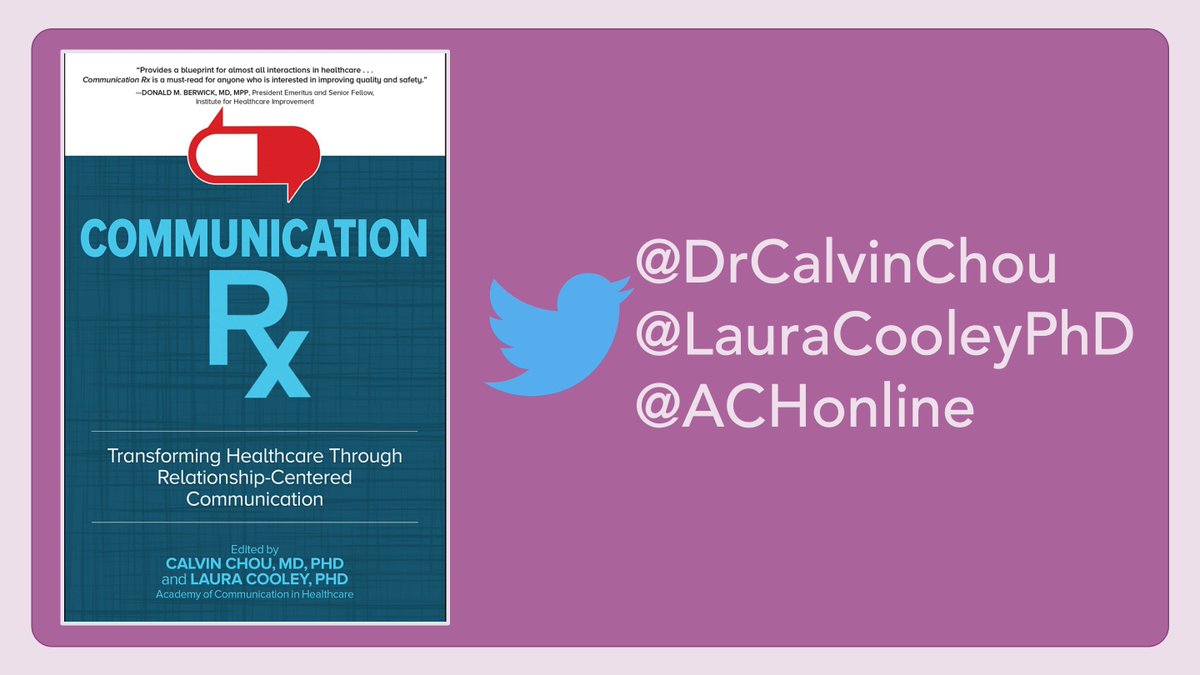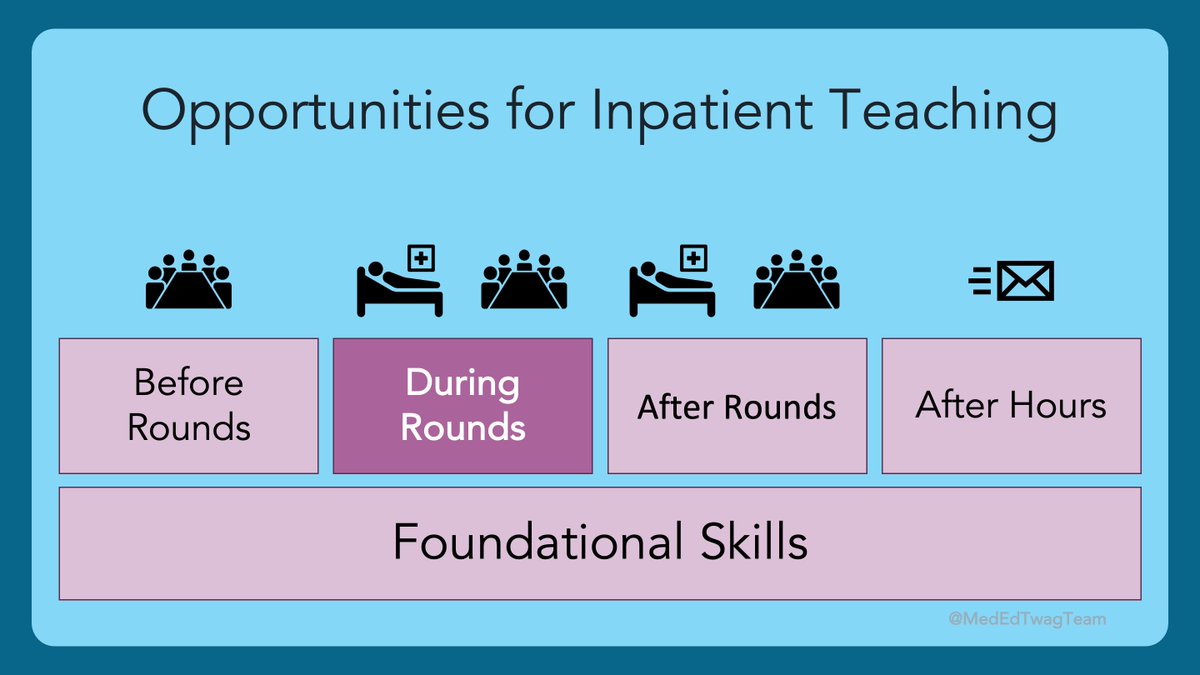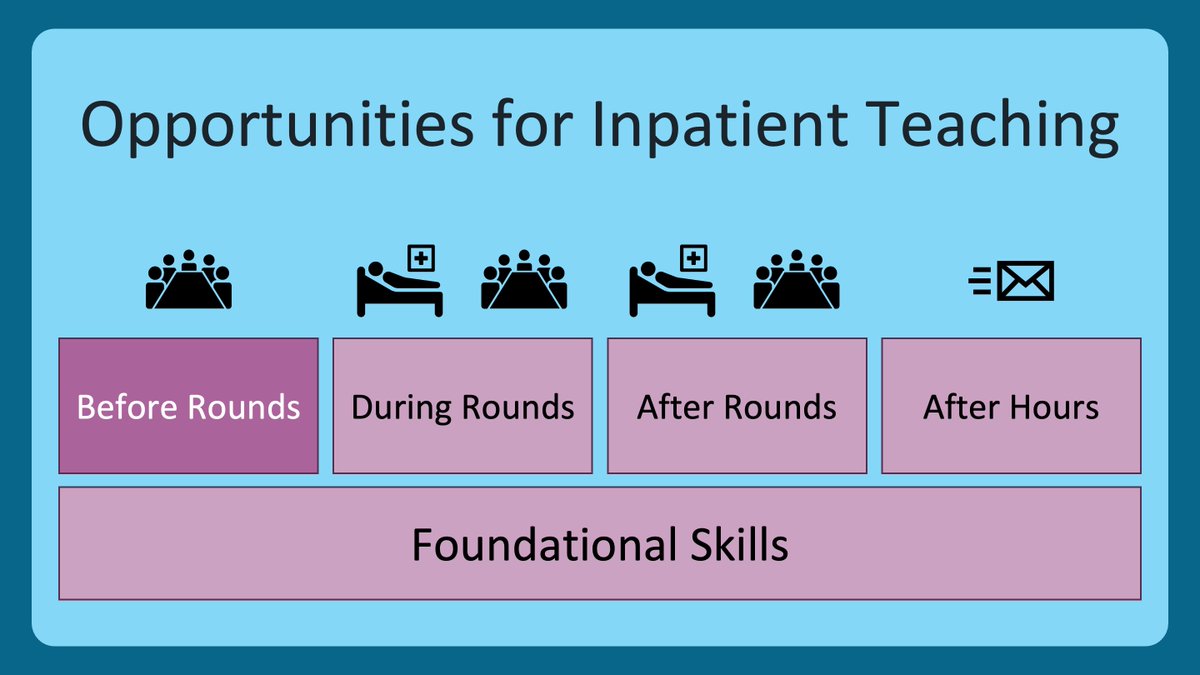Hey #MedTwitter. @HannahRAbrams learned me lots about #asterixis and #HE. Some theories that have been posited by myself and my teams for causes of asterixis:
1. Inattention 2/2 encephalopathy - this would serve as common pathway for asterixis in HE, uremia and hypercarbia.
1. Inattention 2/2 encephalopathy - this would serve as common pathway for asterixis in HE, uremia and hypercarbia.
https://twitter.com/HannahRAbrams/status/1272717476535640065
2. Toxic effects of ammonia on peripheral nerves - possible, but doesn't help unify the three main causes of asterixis.
3. Global cerebral slowing (what @HannahRAbrams found) - Similar to #1. Also it is suggested that other metabolic disturbances could cause this.
3. Global cerebral slowing (what @HannahRAbrams found) - Similar to #1. Also it is suggested that other metabolic disturbances could cause this.
It seems like there is proof of slowing in the motor cortex, so it is not just #1. But, for anyone who has cared for a patient with #HE, it is clear that attention is an issue. So maybe combo of #1 and #3? I haven't found evidence for #2.
Would love additional thoughts: @CPSolvers @DxRxEdu @tony_breu @rabihmgeha @gradydoctor @WrayCharles @Gurpreet2015 @thecurbsiders @AvrahamCooperMD @aoglasser @ETSshow
• • •
Missing some Tweet in this thread? You can try to
force a refresh



